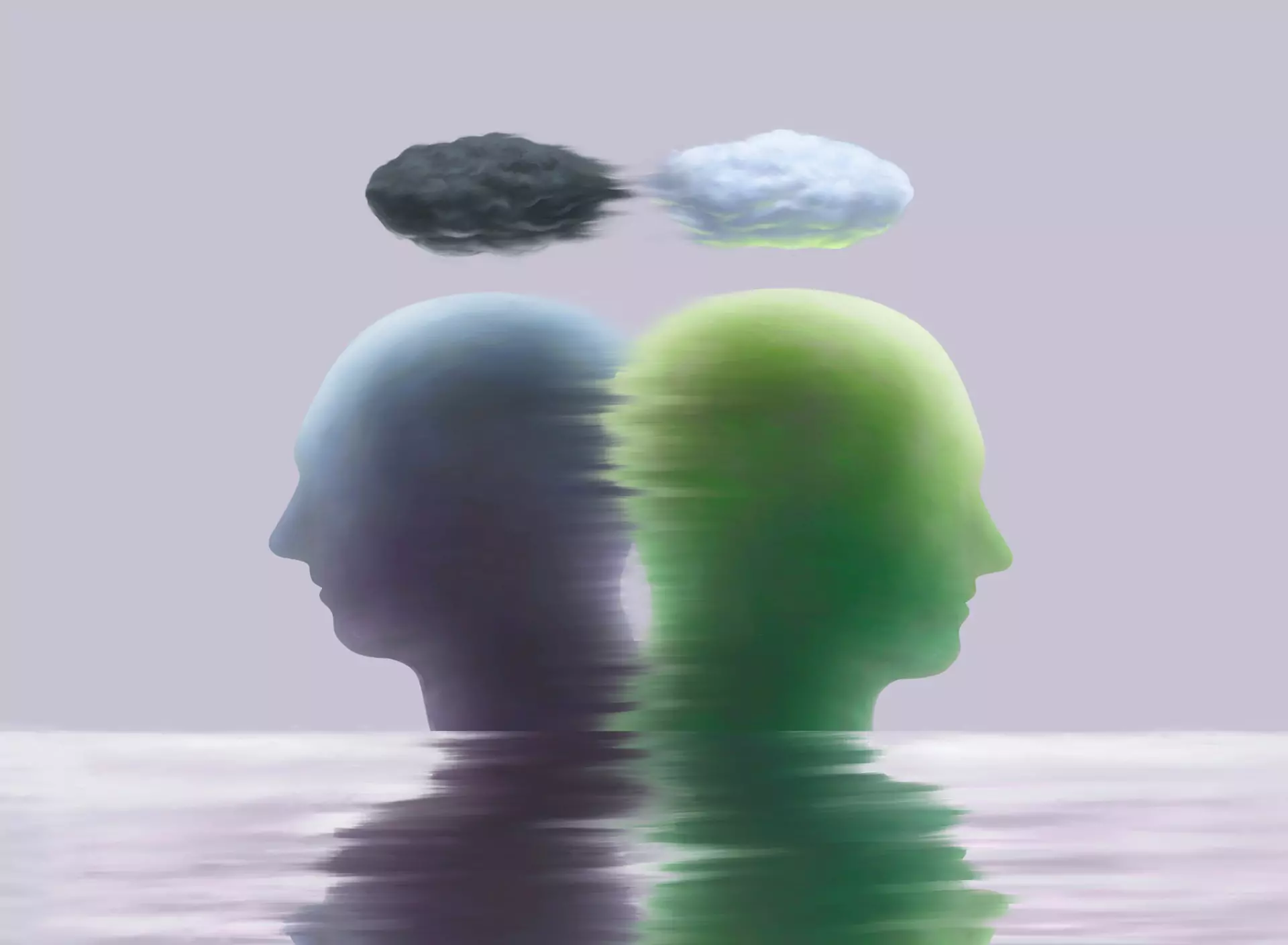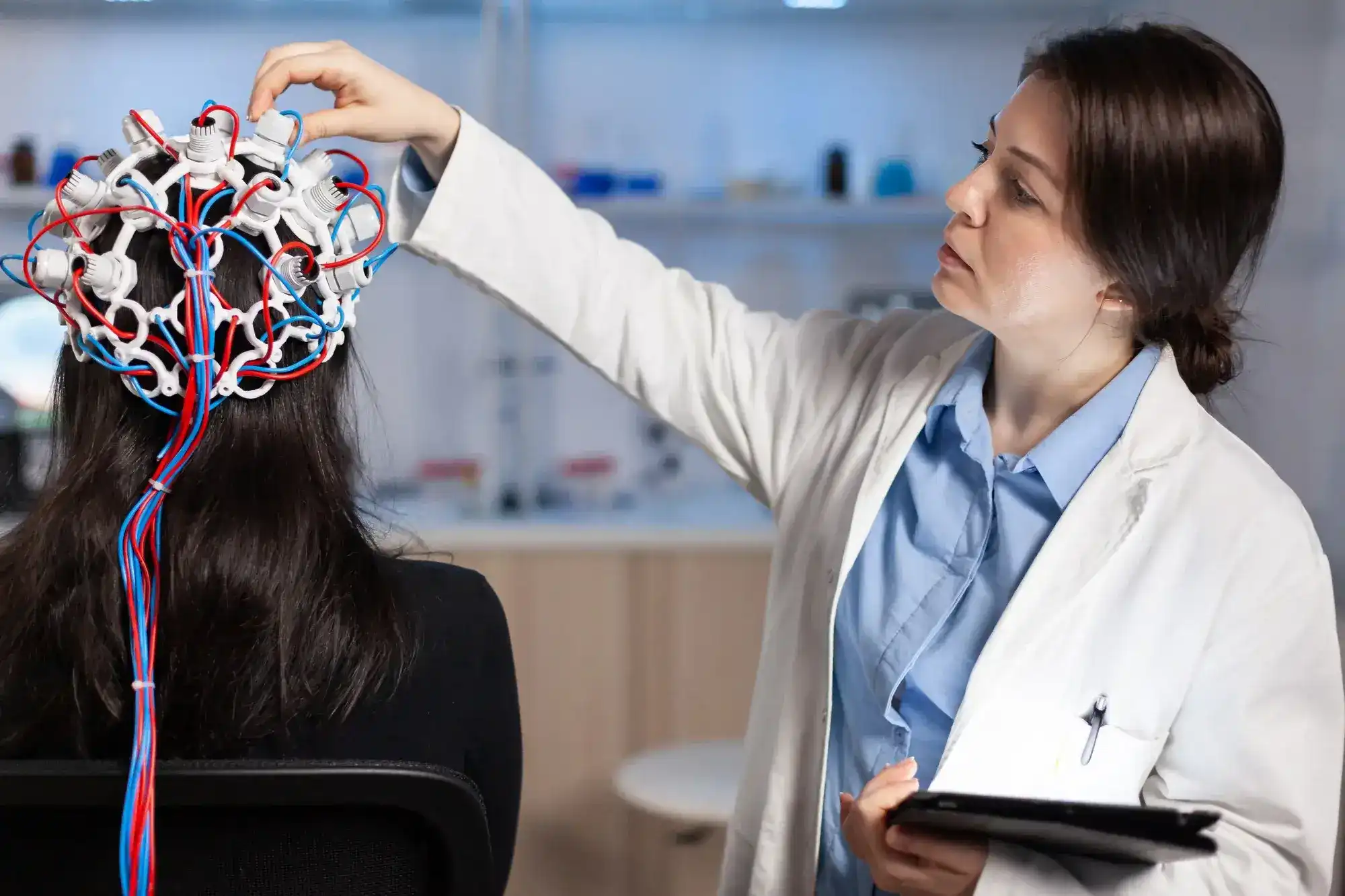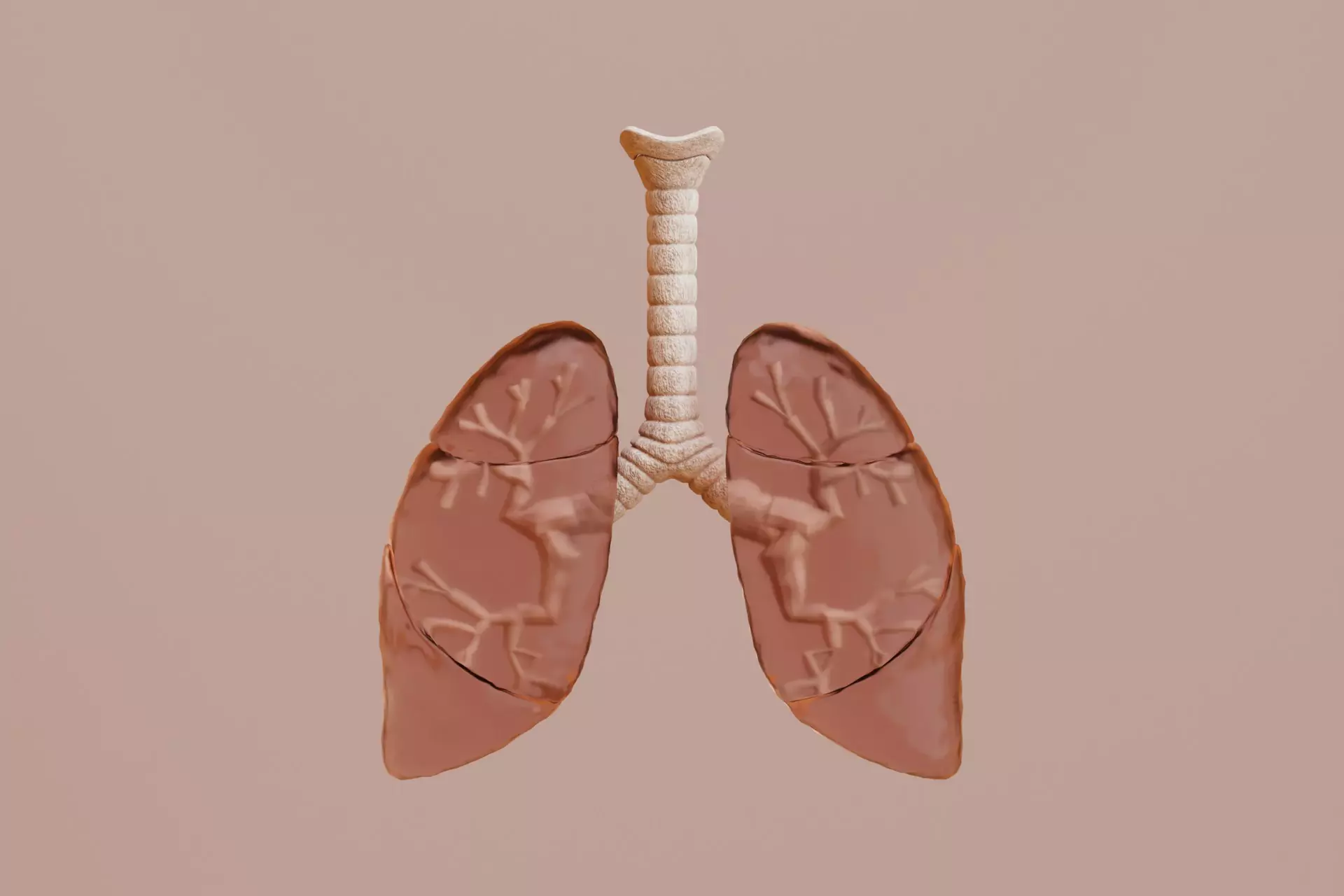Types Of Treatment For Bipolar Disorder + Best Counties For Care

Bipolar disorder is a mental health condition that requires ongoing treatment and careful management throughout your life. Its treatment involves a combination of medical, psychological, and lifestyle approaches.
The exact combination of treatments depends on your current condition and whether or not you’re looking for a long-term treatment.
However, these are complex, and knowing what these offer is crucial before starting with your treatment.
This article will provide a comprehensive overview of the types of treatment for bipolar disorder, their effectiveness, and how they contribute to symptom management.
Let’s get started.
Types of Treatment for Bipolar Disorder
There are 2 main types of bipolar treatment: pharmacotherapy (medication-based treatment) and psychotherapy (therapy-based treatment).
Both aim to stabilize mood, reduce the severity of symptoms, and improve overall performance.
Some people also look for treatment without medications. While these aren’t effective alone, they’re said to help in symptom management and long-term stability when combined with traditional methods.
Let’s look at each treatment in detail.
Type 1: Pharmacotherapy (Medication-Based Treatment)
The primary goal of treating bipolar disorder is to stabilize mood, reduce the severity and frequency of mood swings, and improve overall performance.
Pharmacotherapy helps us achieve just that.
There are a number of treatments and their selection depends on many factors including:
- Medical history of the patient
- Their current symptoms
Pevious treatment responses
The three primary classes of medication in pharmacotherapy involve mood stabilizers and atypical antipsychotics. Each class targets specific symptoms of bipolar disorder.
- Mood Stabilizers
Mood stabilizers are the first-line treatment for bipolar disorder. They aim to balance mood swings and prevent depressive and maniac episodes.
- Lithium
Lithium is considered a gold standard for treating bipolar disorder and is one of the most effective and widely used mood stabilizers.
It’s also the first choice for both manic episodes and maintenance therapy in patients. Studies have indicated that lithium reduces the risk of suicide in patients with bipolar disorder.
However, it requires regular blood monitoring due to potential side effects such as thyroid issues and kidney dysfunctions.
- Valproate
Valproate is most effective for rapid cycling bipolar disorder. It also helps control acute mania and mixed episodes, preventing future episodes.
However, valproate might cause hepatotoxicity and hematological side effects so it’s best to monitor liver function and blood counts regularly.
- Lamotrigine
Lamotrigine is highly effective in treating depressive episodes and is often well-tolerated, unlike other medications.
However, it requires a steady dose increase to minimize the risk of severe skin reactions such as Stevens-Johnsons syndrome ( a severe skin reaction that causes painful rashes, blisters, and peeling).
- Carbamazepine
Carbamazepine is preferred for patients who don’t respond well to lithium. It’s also more effective in treating acute mania and rapid cycling bipolar disorder.
However, it requires blood monitoring to track liver function and white blood cell counts
- Atypical Antipsychotics
Atypical antipsychotics, also known as second-generation antipsychotics, are used in both the acute and maintenance phases of the disorder.
Their main function is to stabilize mood and mitigate other symptoms and are preferred because of their favorable side effects profile compared to other, typical antipsychotics.
- Quetiapine
Having demonstrated its efficacy in mood stabilization, quetiapine has proved beneficial in treating manic episodes as well as in maintenance therapy.
However, its side effects include weight gain and sedation which should be monitored during the treatment.
- Aripiprazole
Aripiprazole is commonly used in maintenance therapy to prevent manic episodes. It’s also approved by the FDA for acute mania and maintenance therapy.
The only setback is that it’s not effective for depressive episodes and can cause akathisia ( a movement disorder characterized by inner restlessness and an uncontrollable urge to move).
Countries Specializing In Pharmacotherapy
Countries like the United States, Germany, and Switzerland offer advanced medications and personalized treatment plans.
They pay huge emphasis on evidence-based practices and ensure you have access to the latest and most effective bipolar treatments.
Type 2: Psychotherapy & Supportive Therapies
While medications are essential for managing bipolar symptoms and stabilizing mood, combining them with psychotherapies and supportive treatments helps improve results.
These therapies ensure you recognize early warning signs, develop coping mechanisms, and improve emotional regulation.
- Cognitive Behavioral Therapy (CBT)
CBT is most effective in helping patients identify and modify negative thought patterns aimed at controlling their mood swings.
This therapy teaches coping skills, stress and sleep management, and problem-solving. The main goal here is to improve overall psychosocial functioning, control mania severity, and improve depressive symptoms.
- Interpersonal and Social Rhythm Therapy (IPSRT)
IPSRT helps establish daily habits such as sleep, meals, and other routine activities which are usually affected by bipolar disorder.
The therapy helps patients improve their social relationships and manage life stressors that can trigger mood instability.
Research from the American Journal of Psychiatry highlights that IPSRT helps establish healthier interpersonal relationships and reduce stressors that could trigger manic or depressive episodes.
While it’s not recommended to treat the disorder without any medication, adding IPSRT to the treatment plan can significantly improve medication results.
- Family-Focused Therapy (FFT)
FFT involves educating family members about the treatment while equipping them with effective communication and problem-solving skills.
This reduces conflicts and improves support from the family members as it’s focused on making them understand the illness.
Not only does it support healthier family environments but research indicates that FFT leads to quicker recovery, decreased symptom severity, and reduced frequency of mood swings.
- Psychoeducation
Psychoeducation aims to provide patients and their families with a deep understanding of bipolar disorder, including its triggers and management strategies.
Helping patients understand early warning signs, lifestyle modification, and psychoeducation allows them to be more aware of their situation and control their mental health better.
This therapy is often recommended with other treatments to enhance self-awareness and long-term stability.
Countries Specializing In Psychotherapy And Supportive Therapies
The United Kingdom and Canada are known for their mental health frameworks.
They offer excellent treatments for therapies such as Cognitive Behavioral Therapy (CBT) and Interpersonal and Social Rhythm Therapy (IPSRT) to enhance patients’ overall well-being.
Type 3: Alternative & Adjunct Treatments
These treatments are employed alongside traditional treatments like medication and psychotherapy.
They usually focus on lifestyle changes, mind-body techniques, and natural supplements to support symptom management.
- Lifestyle Modifications
Bipolar disorder often results in sleep disturbances and irregular moods of the patients.
Lifestyle modifications, when paired with psychotherapy, help better manage the condition.
These include:
- Maintaining a proper sleep schedule
- Taking a nutrient-rich diet
- Avoiding alcohol
- Managing stress
- Mindfulness & Meditation
These practices stabilize mood fluctuations by helping patients manage emotional reactivity and improve self-awareness.
Studies suggest that mindfulness-based cognitive therapy can decrease relapse rates by teaching individuals how to observe their thoughts without reacting impulsively.
- Nutritional & Herbal Supplements
Certain supplements have proved to improve mood stability in individuals with bipolar disorder.
Omega-3 fatty acids, found in fish oil, reduce depressive symptoms. Similarly, S-adenosylmethionine helps with depression and N-acetylcysteine helps with mania and improves quality of life.
However, it's important to consult a healthcare provider before starting these supplements to ensure they don’t interact with your medications.
Countries Specializing In Alternative & Adjunct Treatments
Different countries offer alternative treatments to help individuals manage bipolar disorder.
Sweden, for instance, focuses on early intervention and preventative strategies. Australia, on the other hand, integrates lifestyle interventions with innovative strategies.
Spain also offers traditional and holistic approaches emphasizing lifestyle changes, mindfulness practices, and nutrition counseling. The Mediterranean climate also helps provide a therapeutic environment aiding in recovery.
Most effective treatment for bipolar disorder
The most effective treatment for bipolar disorder is the combination of medication, psychotherapy, and lifestyle modifications.
Medications are the most effective form of treatment and help reduce the severity of symptoms and prevent relapse. Psychotherapy helps with emotional regulation and managing stressors. Supportive therapies help achieve long-term stability.
If you’re considering treatment abroad and don't know where to start, QCG can help you connect with top mental health professionals and facilities worldwide.
We have a large network of professionals who can help you get treatment that aligns with your specific needs. This ensures you get the recovery you deserve without compromising quality and accessibility.

